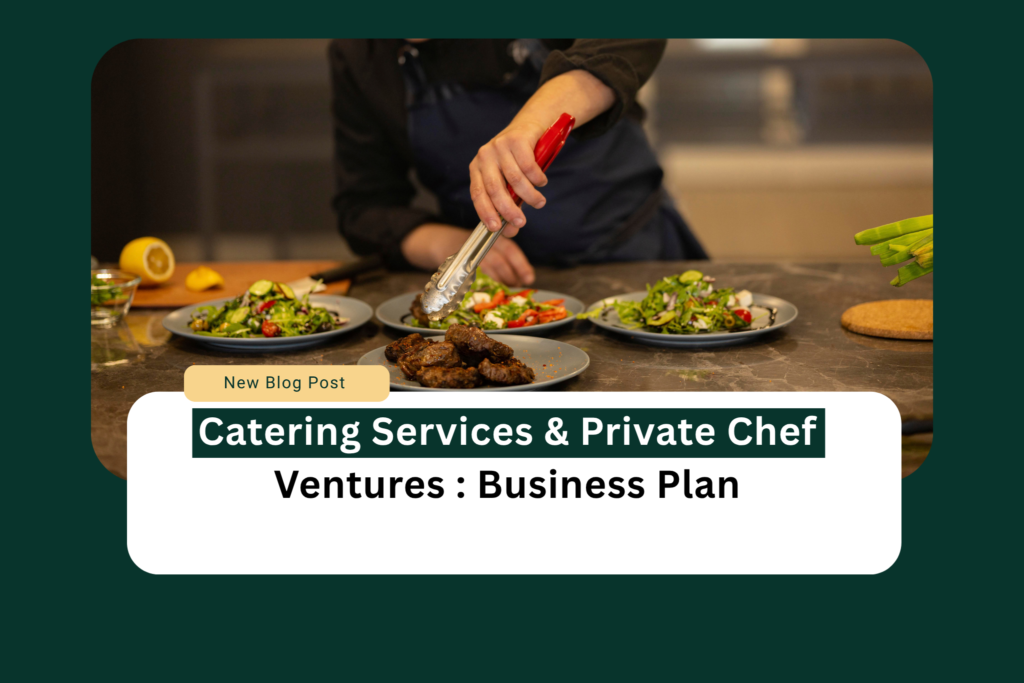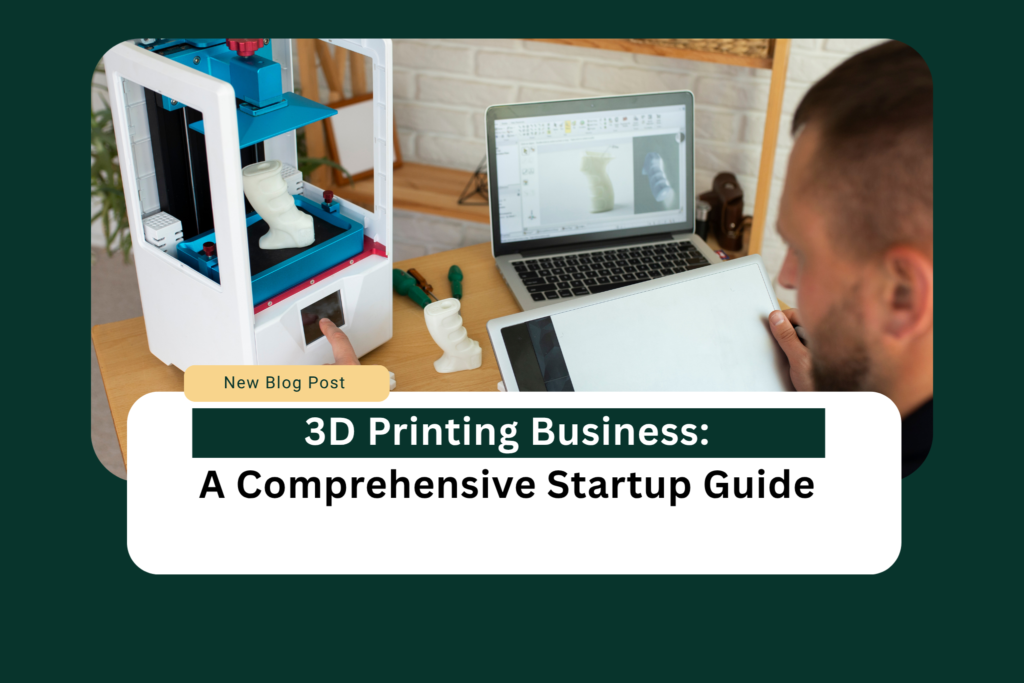Introduction
Restaurateurs who have food service passions can find rewarding business prospects by starting Catering services and private chef business in the culinary market. The food service industry continues to expand and transform, which allows culinary entrepreneurs to reach customers who seek customized, high-quality dining experiences. The National Restaurant Association predicts that the United States catering sector will grow to $71.3 billion by 2026, thus creating profitable possibilities for creative food service professionals.
Understanding the Market Landscape
The food service sector has experienced substantial transformations in recent times because consumers prefer customized dining experiences that stand out from the norm. The Technavio market research shows that private chef services will expand by $4.25 billion during 2020-2024 with an annual growth rate of approximately 12%. The market demonstrates substantial growth because customers have more disposable income and appreciate gourmet food while wanting personalized dining services.
Developing a Robust Business Strategy
A thriving catering and private chef enterprise depends on strategies that extend past superior culinary abilities. To achieve success, entrepreneurs need to build a complete business plan that includes market positioning methods, operational efficiency systems, and customer experience enhancements. The business must establish a distinct value proposition that separates it from other competitors in the market. To attract and keep clients, businesses need to select a specific focus between farm-to-table experiences international cuisine, or dietary-specific meal preparations.
Financial Planning and Investment
A proper financial strategy needs to be developed before starting a catering or private chef business. The amount needed for initial capital investments falls between $10,000 and $50,000 based on business size and service range. Professional kitchen equipment together with transportation and marketing expenses licensing fees and working capital form the core expenses of a new business enterprise. The U.S. The Bureau of Labor Statistics reveals that food service businesses face a difficult survival challenge during their first three years because only 60% make it past this period. This underscores the importance of meticulous financial management and strategic planning.
Marketing and Brand Development
The digital era requires strong marketing strategies for catering services and private chef businesses to succeed. A business that develops a strong online presence through professional websites and social media platforms and targeted digital marketing will experience significant visibility benefits. Culinary creations can find their best audience on Instagram and Pinterest since these platforms excel at attracting new clients. Eventbrite’s research showed that social media plays a crucial role in the catering market because 94% of event planners find their catering services on these platforms.
Operational Considerations
A successful catering and private chef business depends entirely on operational excellence. Multiple essential components must be present to establish a successful catering and private chef business.
The business must achieve required certifications alongside licensing while implementing efficient booking and communication systems and investing in high-quality reliable equipment to deliver flexible adaptable service packages while maintaining perfect food safety and hygiene standards. Business sustainability in this competitive market relies on delivering consistent quality services and exceptional customer service which entrepreneurs understand to build their sustainable business.
Navigating Challenges and Opportunities
The catering and private chef business sectors both offer specific business hurdles and growth possibilities to entrepreneurs. Businesses need to demonstrate agility and innovation because economic changes together with shifting customer demand and rising market competition exist in the industry. Businesses can reduce risks while generating new revenue by offering services that include virtual cooking classes together with meal preparation services and specialized dietary options.
Technology and Innovation
The adoption of modern technological advancements creates substantial opportunities for improved business performance. Operations become more streamlined while customer experiences improve through the implementation of advanced booking platforms together with digital menu customization tools and integrated payment systems. The rapid spread of COVID-19 has accelerated the adoption of technological solutions by food services, which has opened doors to creative approaches for delivering services to customers.
The catering and private chef industry needs sustained dedication to sustainability to achieve long-term business success. The company focuses on sustainable ingredient procurement together with waste reduction strategies and eco-friendly operations development. The growing consumer base values organizations that show social and environmental responsibility.
Conclusion
Starting an effective catering services and private chef business demands expertise in culinary arts combined with strategic planning and business understanding. Entrepreneurs who analyze market trends alongside developing special value propositions while ensuring quality standards and innovation can construct successful businesses within this thriving industry.
Your feedback about this complete guide would be much appreciated. Starting a catering business or becoming a private chef has piqued your interest.
Please post your thoughts about this article together with your personal experiences or queries in the comment section. Share this article through your social media profiles to help aspiring culinary entrepreneurs benefit from the information provided.
FAQ
What are the startup expenses for establishing a catering or private chef business? Startup costs fall between $10,000 and $50,000 based on the combination of equipment requirements with licensing needs, marketing expenses, and operational startup costs.
What certifications do I need to operate a catering business? A food business needs food handler permits, health department approvals, and business operating licenses from most state jurisdictions. Extra certifications help build trust with clients by boosting credibility.
What approach should I use to establish prices for my Catering services and private chef business? Pricing depends on how complex the menu is and what ingredients are used, along with event dimensions and prevailing market rates in the local area. The prices for per-person services usually fall between $20 and $100 based on the chosen service tier.
As a catering business owner, which insurance coverage should I secure? A catering business needs professional liability insurance together with general business insurance and possibly commercial auto insurance to safeguard its operations and property.
What is the best approach to promote my catering business and private chef services? A successful catering business needs a social media presence a professional website and both event planner networking and positive customer feedback to draw in and keep clients.
Read More : Property maintenance and handyman services plan








